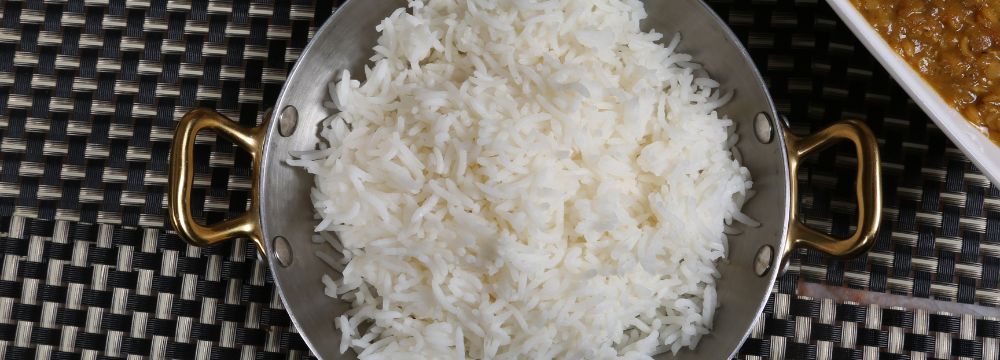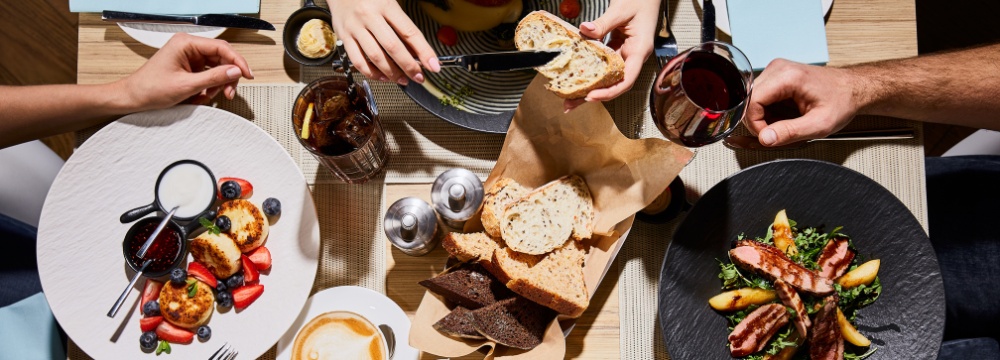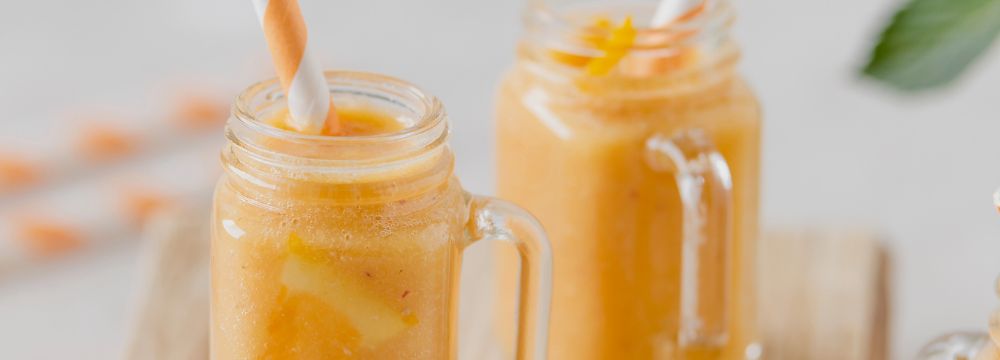Diet
Alcohol after bariatric surgery is not the enemy – if consumed properly. However, there are many pitfalls of alcohol consumption that every bariatric patient should know. Of note, within the first several months of having bariatric surgery, alcohol is off-limits. Not only can it irritate the newly created stomach pouch, but it can lead to low blood sugar and malnutrition. Following are some of the most important considerations when drinking alcohol after your procedure:
Sugar
Some alcohols contain carbs, which ultimately get converted into sugar in the body, but the real danger lies in the mixes we use. Even small quantities of cranberry juice cocktail or orange juice can add hundreds of calories to a night of drinks. Soda or margarita mixes and more come with a shockingly high caloric price tag. Seemingly innocuous mixes like tonic water can add as much as a soda.
Carbonation
Fizzy drinks can be problematic for the post-surgical patient. You might think that the excess carbonation will lead to a permanently stretched pouch – unlikely, although drinking carbonated beverages often could cause the pouch to stretch. For most patients, this is a question of discomfort and nutrition.
Consuming carbonated drinks after bariatric surgery will be painful as the air bubbles make the stomach temporarily increase in size. These bubbles may also cause acid reflux and general stomach upset. Many carbonated drinks are also sugary (or contain artificial sweeteners) so we’d like you to avoid those. Lastly, if your stomach is upset by a carbonated beverage, you will be less likely to consume the nutrient-dense foods you need to stay healthy.
More Pronounced Effects
After bariatric surgery, patients will have a different relationship with alcohol. Gastric bypass patients will especially find they become inebriated much more quickly. This takes many patients by surprise, especially early on, and we counsel each patient to test their new limits by restricting the amount of alcohol they drink until they understand how it affects them.
These pronounced effects have caused accidents and DUIs even when the patient consumed what they would have previously considered a normal amount of alcohol. In fact, the effect of alcohol peaks sooner and takes longer to normalize after bariatric surgery. This is particularly true for gastric bypass patients as they can’t consume as much food to mitigate the effects and because the alcohol travels through the stomach to the sensitive intestine far more quickly.
Low Blood Sugar
Somewhat confusingly, alcohol depresses the liver’s ability to make glucose, and some people (especially diabetics) may have a significant drop in blood sugar levels, known as hypoglycemia. This is accentuated by rapid weight loss and limited carb intake. It’s always a good idea to moderate alcohol consumption and eat an appropriate, balanced meal when consuming alcohol. Speak to your nutritionist about the signs of low blood sugar and what you should do if it happens to you.
Addiction
You may have heard of the possibility of gastric bypass patients, and bariatric patients in general, developing alcohol use disorder after surgery. To be frank, the risk is real and stems from a few potential issues. First, when the “crutch” of food is taken away after surgery, there is the opportunity for something to fill the gap – it can be constructive like a hobby or exercise, or it can be destructive like excess alcohol consumption.
The bottom line
Alcohol consumption after bariatric surgery will be very different. But with moderation and an understanding of how alcohol affects you, you will be able to enjoy it if you choose to indulge. Be sure to get guidance from our office before drinking alcohol for the first time after surgery.
If you would like to talk to an experienced bariatric surgeon about what life looks like after bariatric surgery, give us a call today. The Weight Loss Institute at MIIS helps patients decide if bariatric surgery is right for them and guides them through their journey.










